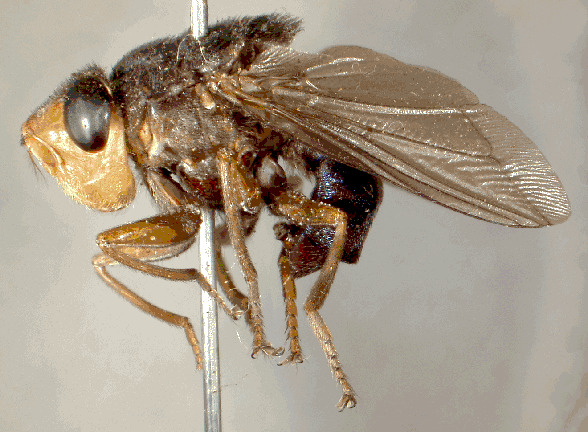
Understanding the Itchy Spider Bite: A Comprehensive Guide
Have you ever experienced the discomfort of an itchy spider bite? Spider bites can range from mild to severe, and understanding the symptoms, treatment, and prevention is crucial. In this article, we will delve into the details of an itchy spider bite, providing you with a comprehensive guide to help you navigate through this unpleasant situation.
What is an Itchy Spider Bite?
An itchy spider bite occurs when a spider injects venom into your skin. While most spider bites are harmless, some can cause severe reactions. The severity of the bite depends on the type of spider, the amount of venom injected, and your body’s reaction to the venom.
Common Symptoms of an Itchy Spider Bite
Here are some common symptoms of an itchy spider bite:
-
Pain or a stinging sensation at the bite site
-
Redness and swelling around the bite
-
Itching, which can be severe

-
Wheals or blisters forming around the bite
-
In some cases, fever, nausea, or vomiting
Diagnosing an Itchy Spider Bite
Diagnosing an itchy spider bite can be challenging, as the symptoms can be similar to those of other conditions. However, a healthcare professional can usually identify a spider bite based on the following:
-
History of exposure to spiders
-
Physical examination of the bite site
-
Presence of symptoms associated with spider bites
Treatment for an Itchy Spider Bite
The treatment for an itchy spider bite depends on the severity of the symptoms. Here are some common treatment options:
-
Wash the bite site with soap and water to prevent infection
-
Apply a cool, wet compress to reduce swelling and itching
-
Take over-the-counter pain relievers, such as ibuprofen or acetaminophen, to alleviate pain
-
Use antihistamines to reduce itching
In some cases, a healthcare professional may prescribe medication to treat the bite, such as antibiotics for infection or antivenom for severe reactions.
Preventing Itchy Spider Bites
Preventing itchy spider bites involves taking certain precautions:
-
Keep your home clean and clutter-free to reduce spider habitats
-
Seal gaps and cracks in your home to prevent spiders from entering
-
Use screens on windows and doors to keep spiders out
-
Be cautious when handling items that may have been in outdoor areas, such as firewood or boxes
-
Wear gloves when gardening or working in areas where spiders may be present
When to Seek Medical Attention
While most itchy spider bites are mild and can be treated at home, there are certain situations where you should seek medical attention:
-
Severe pain or swelling at the bite site
-
Difficulty breathing or swallowing
-
Severe itching or hives that do not respond to treatment
-
Signs of infection, such as increased redness, warmth, or pus
-
Any symptoms that worsen or do not improve after a few days
Conclusion
An itchy spider bite can be a painful and uncomfortable experience. However, by understanding the symptoms, treatment, and prevention methods, you can take steps to minimize your risk of encountering this problem. Remember to seek medical attention if you experience severe symptoms or if your symptoms worsen.
| Spider Species | Common Symptoms | Severity |
|---|---|---|
Black Widow
Related Postsbore bit home depot,Bore Bit Home Depot: A Comprehensive GuideBore Bit Home Depot: A Compreh… dremel drill bits,Dremel Drill Bits: A Comprehensive Guide for EnthusiastsDremel Drill Bits: A Comprehen… Like |







